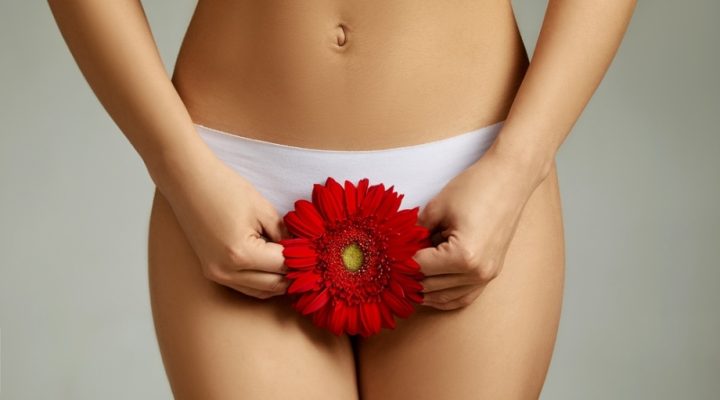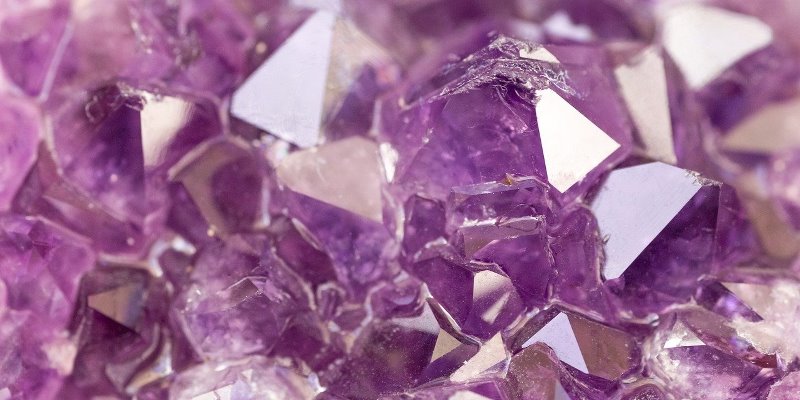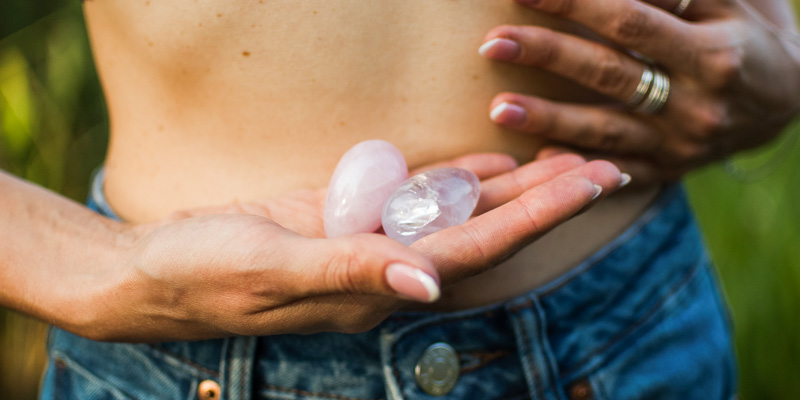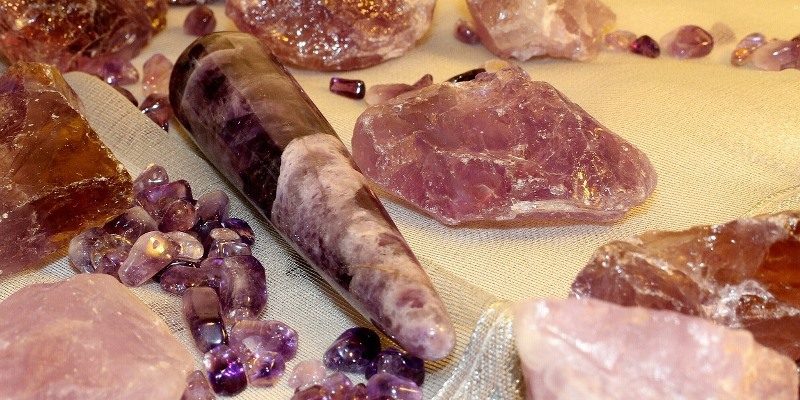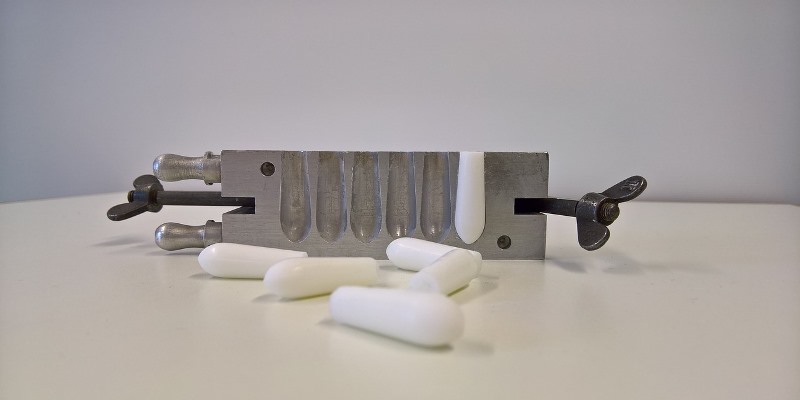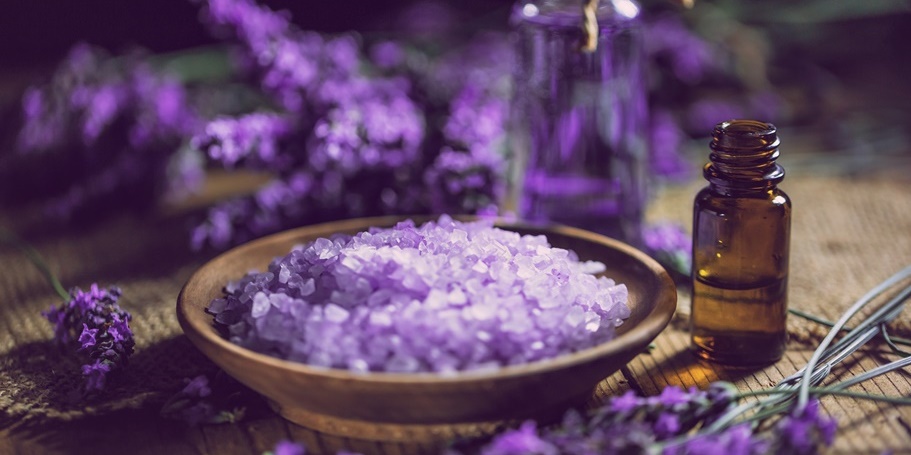
Yoni Oil is promoted as an oil used for selfcare of the vulva and vagina. Depending on the provider of the (herbal or natural) oils and the ingredients, the benefits claimed may vary: from vitalizing, refreshing, softening, healing, and moisturizing to supporting general vaginal health.
As with all products in this category — think for instance of herbal Yoni Pearls — it’s officially (by physicians) recommended not to use them because the vagina cleanses itself. Moreover, inserting or topically applying non-medical substances in or around the vagina can be outright unbalancing and damaging for the vaginal ecosystem, creating (additional) vaginal health conditions.
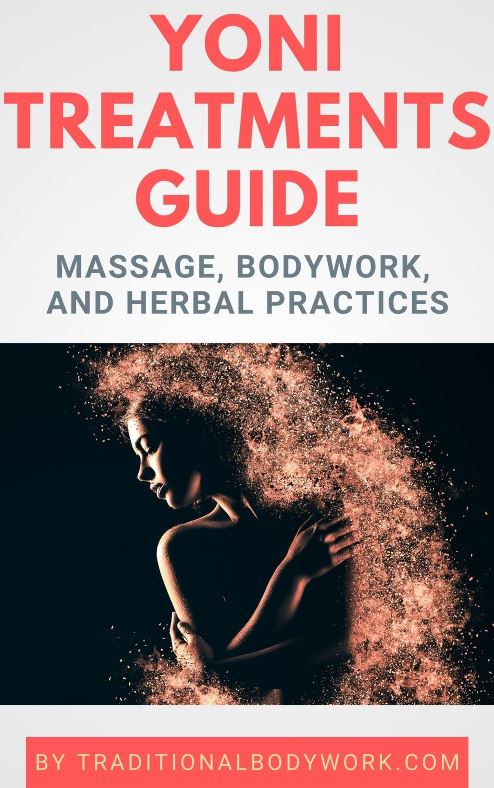
In any case, on the market you can find all types of blends of Yoni Oil. Depending on the type of oil it’s thought to serve specific issues. Typically, you would apply Yoni Oil after showering or bathing to moisturize and oil the private parts, notably the vulva (the vulva includes the mons pubis, labia, clitoris, vestibular bulbs, vulval vestibule, urinary meatus, the vaginal opening, hymen, and Bartholin’s and Skene’s vestibular glands), and in a much lesser degree the vaginal canal itself.
Yoni Oils can contain many different types of natural oils — base or essential oils — such as peppermint, rose, calendula, lavender, almond, coconut, olive, neem, sage, and tea tree.
In any case, the claimed health benefits may include restoring the vaginal flora balance, support in the healing, reduction or prevention of excess bacteria, yeast infections, bacterial vaginosis, itchiness, bad smell, dryness, chafing, inflammation, and irritation of the vulvar area.








